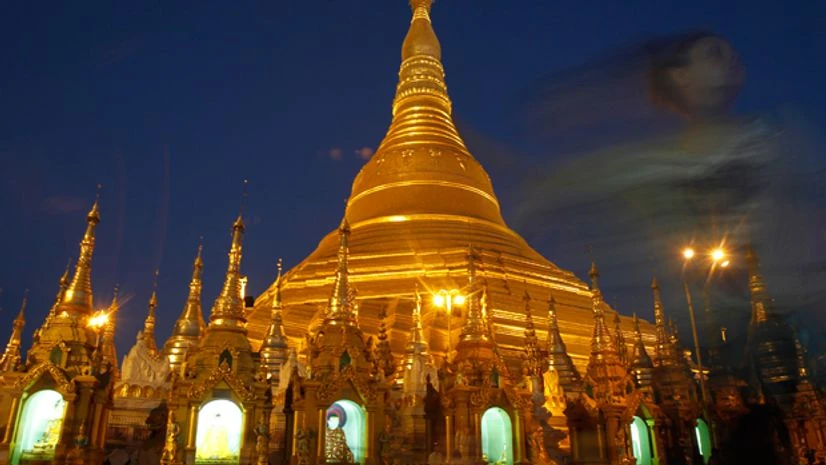“Try to be happy. Happiness is important. Even birds and trees should be happy. Do not rush to do many things in the time that you are here for this conference. Then you will enjoy your visit,” advises Michael Chin, chairman of Chin Corp of Myanmar. I am stunned. Most business leaders focus on enhancing productivity and multi-tasking in short bursts of time to boost sales and profits. Here is an executive who is counselling his employees and the delegates at an international management conference to focus on being happy. I am flummoxed. True, happy employees produce great results. Yet, no business school or management expert teaches the importance of the happiness of employees or how to measure it.
Myanmar is full of such rich peculiarities. The country laments the wastage of the last 50 years of military rule that left it trailing dynamic South-east cousins like Thailand, Malaysia and Taiwan. Now, under a more liberal government that is dismembering age-old shackles to boost the economy, the Myanmarese are raring to catch up with the modern world.
“We are Buddhists, we are not bitter about the past. We move on,” says Yan Yan, a young shopkeeper selling jade Buddhas in the Bogyoke Aung San Market in Rangoon, now called Yangon. This traditional market has hundreds of shops selling textiles, silverware, lacquer, and handicrafts. “Industry came late to our country, so we Myanmarese became good with our fingers and hands,” says Mama Piy who owns a shop selling lions carved from the famed Burmese teak wood. Mama Piy, like many Myanmarese, is a gentle, self-effacing and shy person, though she is an astute businesswoman.
More From This Section
It is the Buddhist spirit of tolerance and forgiveness that has over the decades enabled the Myanmarese to assimilate several nationalities and races into their fold, even when their economy was struggling. Over the centuries, Indians, Chinese, Bangladeshis, Hindus, Muslims and Christians have made Myanmar their home. Buddhist pagodas, Muslim mosques, Hindu temples, Christian churches co-exist in the vicinity of one another.
The pride of every Myanmarese is the new, shining capital — Nay Pyi Taw. Built on raw forest land in a record 14 years, this is a vast, stunning, modern town. It is a testimony to what the Myanmarese can achieve, given the will and desire. It is a meticulously planned town, with spaces earmarked for government buildings, residential areas, shopping locations and world-class hotels.

)
